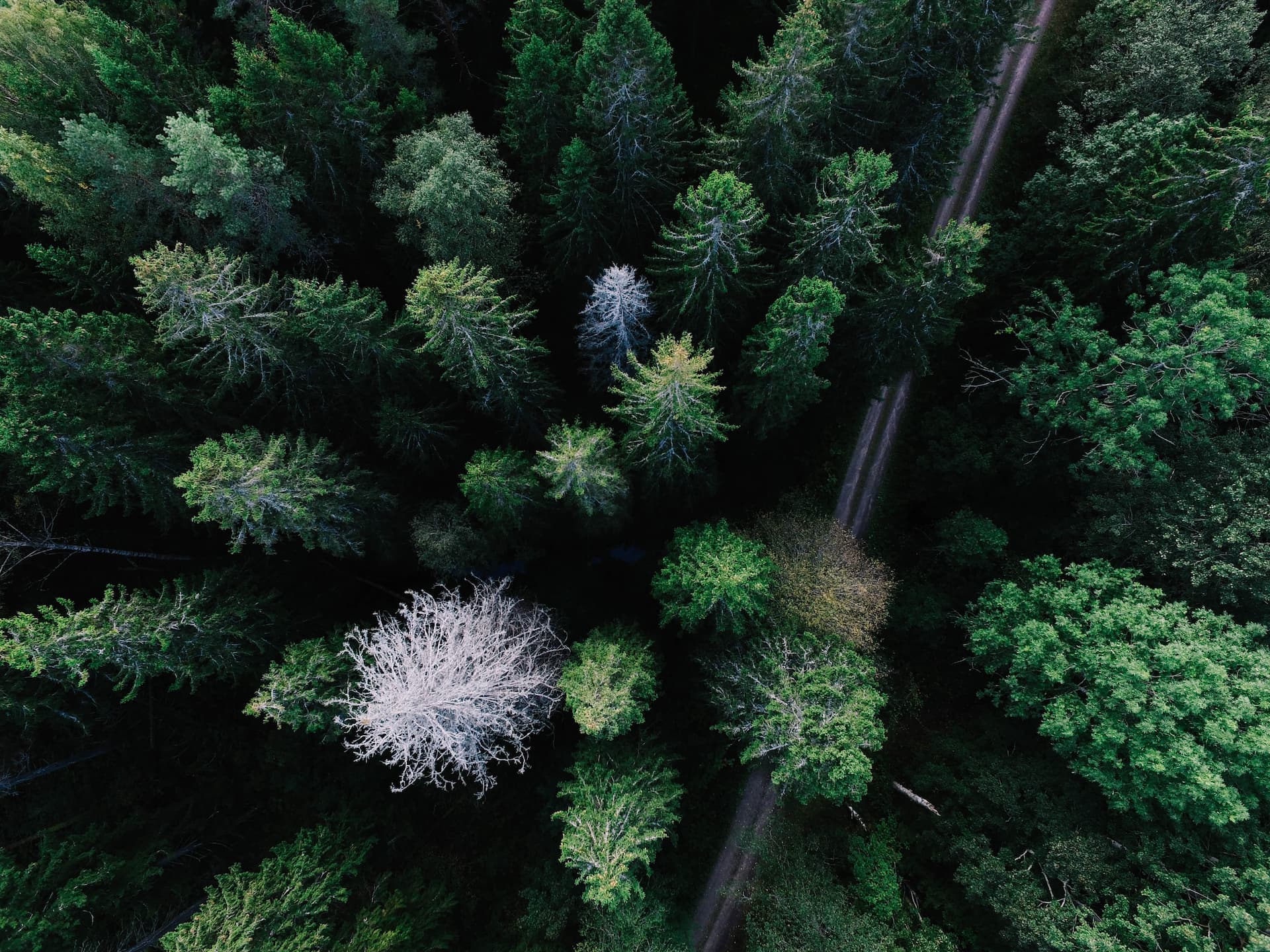Authors: Andrew Collins, Krista Doersch, Laura Herszenhorn, Rebecca Johnson, Clea Matson, and Alison Young
California Academy of Sciences – CITIZEN SCIENCE TOOLKIT
https://www.calacademy.org/educators/citizen-science-toolkit
Integrating citizen science into the formal classroom presents both an opportunity and a challenge. Outside of school, citizen science is an interest-driven experience, fueled by self-motivation and passion. Citizen scientists channel their love of learning into active civic engagement by choosing to spend their free time collecting dead bees or documenting the biodiversity of intertidal reefs to better understand and protect our planet. As a mandatory assignment within an academic curriculum, citizen science may not hold the same intrinsic allure for middle and high school students. Providing context will help your students understand the relevance of citizen science and recognize the value of their role. Citizen science is real, practical, and authentic work: it exists to answer genuine questions and overcome true limitations. In these ways and others, citizen science has the potential to radically transform science education. Without this context, a citizen science project may seem no different from the typical school experience.
Set the stage
Students may need to be guided through a process of framing to understand the significance of the scientific question they are answering and the relevance it holds in their own lives.
Take a minute to consider what you want students to take away from the experience:
- What is citizen science? …………………………………………………………………………………………………
- Why is it important? …………………………………………………………………………………………………
- What might be fun about it? …………………………………………………………………………………………….
- What might be challenging and why is it worth the struggle? ………………………………………………..
- ……………………………………………………………………………………………………………………………………
- ……………………………………………………………………………………………………………………………………
- ……………………………………………………………………………………………………………………………………
- ……………………………………………………………………………………………………………………………………
Explore preconceived notions of “science” and “scientists”
One way to frame citizen science is through ideas about what science is and what scientists do. Stereotypes often lead to misconceptions that all scientists wear white coats in a lab full of beakers. Start the discussion with the Draw a Scientist activity and have students explain their work.
Prepare to guide a discussion that addresses these notions and helps shift your students’ mindsets by adding to the table below:
One way to frame citizen science is through ideas about what science is and what scientists do. Stereotypes often lead to misconceptions that all scientists wear white coats in a lab full of beakers. Start the discussion with the Draw a Scientist activity and have students explain their work.
Prepare to guide a discussion that addresses these notions and helps shift your students’ mindsets by adding to the table below:
| Ask… | Be prepared with… |
| Where does science happen? What do scientists look like? What does a scientist do? | Examples of non-laboratory science and the scientists who do that work, for example: ecology, zoology, marine biology, geology, astronomy, climatology, etc. |
| What might be interesting about those areas of research? What might be fun about that type of science? | Examples of citizen science and citizen scientists to enforce the notion that anyone can be a scientist, and that science is both work and play. |
Why do scientists want us to do their work?
This question may come up when talking about citizen science with your students. Focus on scale: one scientist may be able to do research in one area, but what if s/he has a question about species that are distributed throughout North America, or even globally? What if s/he has a question that requires a lot of data? What if s/he’s already collected hundreds of thousands or even millions of photographs and needs information from each one? Citizen science is a chance for people to help answer BIG scientific questions, while doing something that interests them.
Brainstorm other questions that you have or you anticipate your students will have. Then consider how you would respond.
User Type
- Teacher/school
Resource type
- Getting started
- Step by step guides
Research Field



